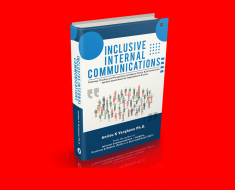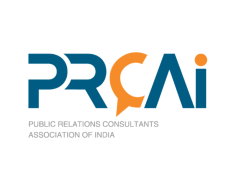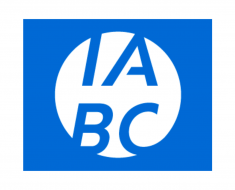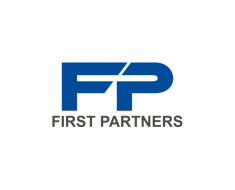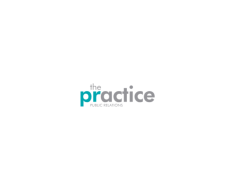Global networking organisation for women working in PR and Communications, GWPR, has released the results from its 2023 Annual Index aimed at measuring and tracking the progress towards gender equality in the workplace. The research seeks to understand the factors that have either impeded or accelerated this progress. In the five years since the research programme was launched much has changed in the world but the progress towards gender equality still has a long way to go.
Conducted in partnership with strategic insight agency Opinium, the research covered women working in PR across 35 countries (including India) divided equally between agency and ‘in house’ and 10% independents. The aim was to track and measure progress towards gender equality in the workplace, and to understand the factors that have either impeded or accelerated this progress.
In this year’s survey, a new section on harassment was introduced (in all its forms, not just sexual) to explore whether this was a concern for women. 53% of women of all levels reported facing harassment in their workplace, the most common forms being psychological, power and personal harassment. Only 42% of them reported the harassment – 46% in India with the most common response for not doing so in India being a perceived negative impact on one’s career and fear of retaliation or not knowing what action to take. Globally, around a third of those who reported the harassment either left or were encouraged to leave their organisations (the number in India was much higher at 48%) while no action was taken in the case of another third.
This year’s survey indicates that a majority of boards continue to remain male-dominated or entirely male. In-house progression for women on boards is much slower than in agencies and three-fifths of women in PR continue to work in companies where the boardroom is male-dominated. This is despite the fact of the growing recognition of the value of gender-diverse boards with over 75% surveyed acknowledging that more women on boards leads to an improvement in working practices in the PR industry, creativity and company productivity. 41% of women in India (36% globally) say that having women on boards clears barriers to promotions for other women and 61% (50% globally) acknowledge that more needs to be done to ensure women in the PR industry have greater boardroom presence.
The biggest barrier to women progressing to board positions is perceived to be childcare or caring responsibilities with 87% highlighting this as a factor. 76% feel the lack of flexible working and family-friendly policies is a barrier while 74% feel women tend to be less proactive about asking for promotions than men. This is compounded by the lack of transparency around recruitment and promotion as reported by 67% of women globally and 71% in India.
Last year, the report included a new section on ageism in the industry, a factor that continues to be prevalent in the industry and one that various studies show impacts more women than men. This year, a majority of those who work in agencies revealed that they do not see themselves staying in the agency beyond 50 years of age, opting to either move in-house, set up their consultancy or opt out of the workforce.
2023 has been a year of reset as organisations emerge from the pandemic recognising that hybrid work is here to stay, at least for the near term. As many companies grappled with the optimal mix of remote versus in-person working, there was growing recognition amongst women of the benefits of flexible work. Our survey revealed that a better work-life balance, mental well-being, retaining female talent and managing caring responsibilities were just some of the positive benefits of flexible working.
However, in reality, the positive benefits of flexible working did not necessarily create easy pathways for more women to progress in their careers, particularly those with children and other caring responsibilities. Around half of the women surveyed believe that women with children are still discriminated against in terms of career progression. It was clear that flexible ways of working are not enough in themselves unless they are accompanied by policies and benefits exclusively built around flexible working.
In comparison with the most represented countries in the index (of which India is one), workplaces in India fell short in offering benefits and programmes that could benefit women whether it is flexible work options like remote working, compressed work hours and flexi-time or training opportunities, networking events and work performance bonus. The top five asks of workplaces from women from India are work performance bonuses, flexi-time, training opportunities, time instead of working overtime and remote working. Despite the value of flexible work, 21% of women from India say flexible working is perceived negatively by their workplaces (11% globally) and 15% of them do not expect to be working remotely in the next year.
In addition, India recorded far lower than the global average of workplace programmes to support the career development of women whether it was the development of management and personal skills, sponsorship to industry conferences and networking events, time off for personal development/further education, membership to relevant professional associations, funding management training and mentoring programmes.
Sue Hardwick, President of GWPR, commented, “Whilst we are seeing some progress it is clearly not enough and is not fast enough. We hope that by shining a light on the key issues we can find solutions to create a better balance that works for everyone”.



